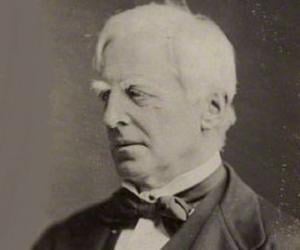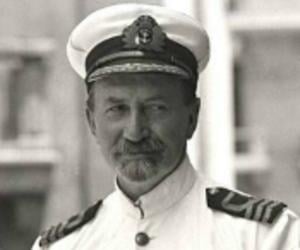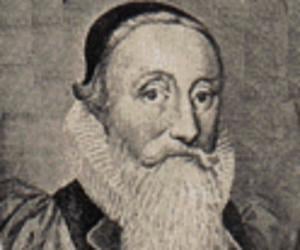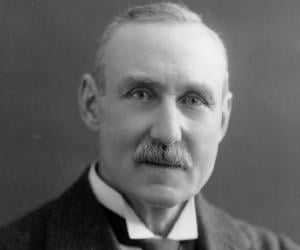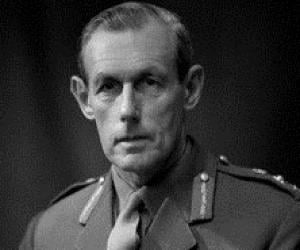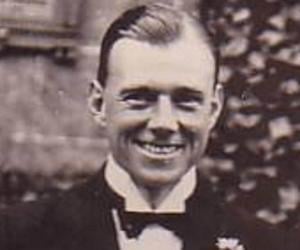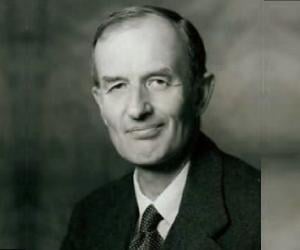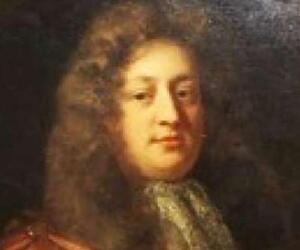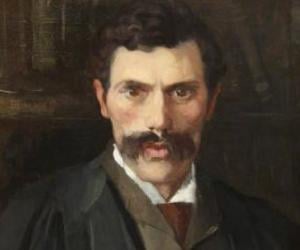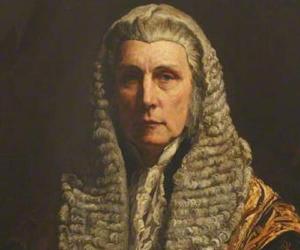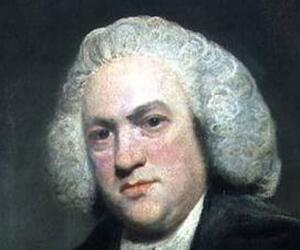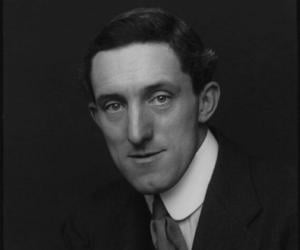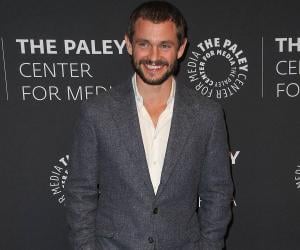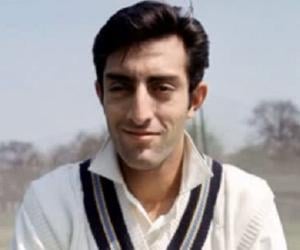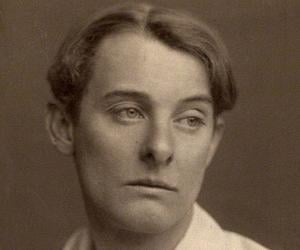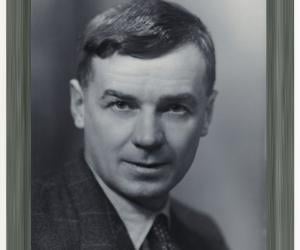Hugh Dancy is an English actor who achieved popularity after playing the titular character in David Copperfield, the TV film adaptation of Charles Dickens' novel of the same name. Apart from appearing in films and TV series, Hugh Dancy has also been contributing as a theatre actor since 1999.
Mansoor Ali Khan Pataudi was an Indian cricket player. Entrusted with the responsibility of captaining the Indian cricket team, at the age of 21, Pataudi went on to become one of the greatest Indian cricket captains of all time. Also known for his fielding abilities, he was described by many as the best fielder in the world during his playing career.
Alfred Douglas was an English journalist and poet best remembered as one of the lovers of famous Irish poet Oscar Wilde. Douglas played an important role in Wilde's imprisonment for homosexuality. Alfred Douglas' father John Sholto Douglas abhorred his son's relationship with the Irish poet and publicly accused the latter of homosexuality, which was illegal at that time.

Robin Cavendish was an English medical aid developer and advocate for disabled people. He is credited with aiding the development of medical devices aimed at providing independence to paralyzed people. One of Britain's longest-lived responauts, Cavendish was given three months to live at the age of 28. He lived for 64 years and his story inspired the 2017 film Breathe.

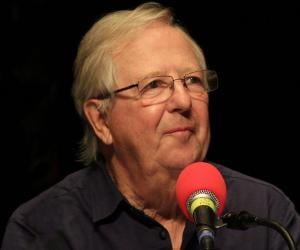
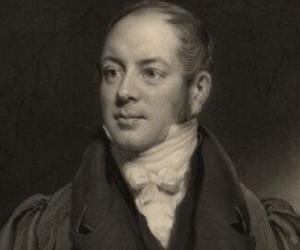
William Buckland was an English theologian, palaeontologist, and geologist. He is best remembered for his service as the Dean of Westminster. He is credited with writing the first full account of a dinosaur fossil, which he named Megalosaurus. William Buckland pioneered the usage of fossilized faeces to reconstruct ecosystems. Buckland was the recipient of the prestigious Copley Medal.
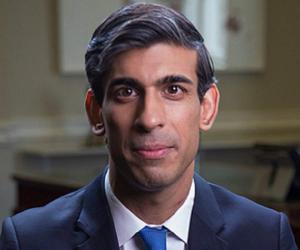
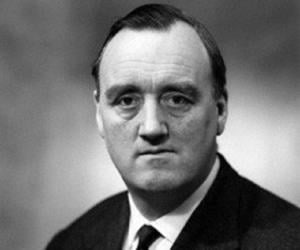
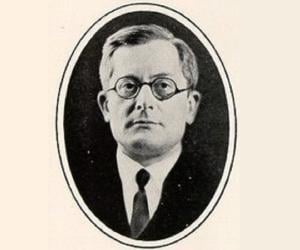
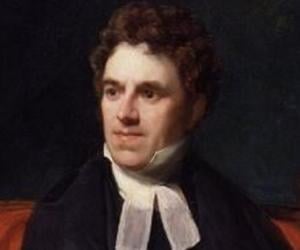
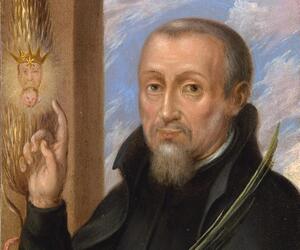
English Jesuit priest Henry Garnet was initially an Anglican but later converted to Roman Catholicism. After teaching Hebrew at a college in Rome, he went back to England as a missionary. Accused of being involved in the Gunpowder Plot against King James I, he was hanged to death in 1606.
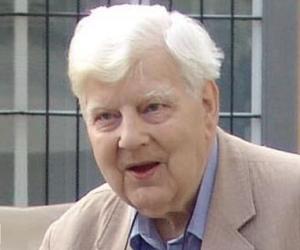
English academic Michael Dummett, a prominent British philosopher of his time and a key campaigner for racial tolerance and equality, is known for his writings on history of analytic philosophy and his original contributions to the philosophical study of mathematics, logic, metaphysics and language. He devised the Quota Borda system of voting and developed an intermediate logic in mathematical logic.
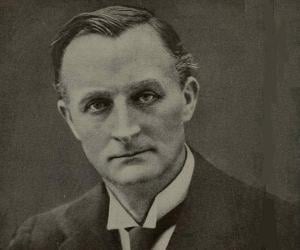
Sir Edward Grey spent a long 11-year stint as the British foreign secretary, the longest uninterrupted tenure anybody has had in the same post. He is known for his support of France in the Moroccan crises and his iconic “the lamps are going out” remark made to the Westminster Gazette.
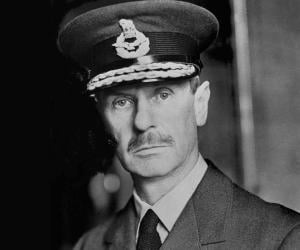
A RAF officer, Hugh Dowding is best remembered for his exploits in the Battle of Britain during World War II, in which he defended the UK against the German air attacks. He later earned the Knight Grand Cross and was also awarded a baronetcy. Interestingly, he was part of the Fairy Investigation Society.
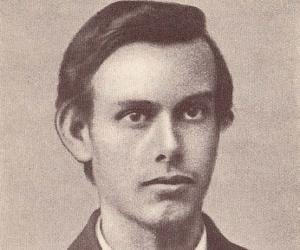
Poet and critic Lionel Johnson was part of the 1890s’ tragic generation, with themes of decadence prevailing in his works. Best known for his study on Thomas Hardy, he was a closeted homosexual and was plagued by alcoholism. It is believed he died after falling and suffering a skull fracture.
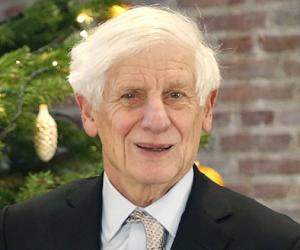
David Thouless was a British physicist specializing in condensed-matter physics. He had a brilliant academic career and was the first director of studies in physics at Churchill College, Cambridge. He also taught at the University of Birmingham and the University of Washington. He won the 2016 Nobel Prize for Physics jointly with F. Duncan M. Haldane and J. Michael Kosterlitz.
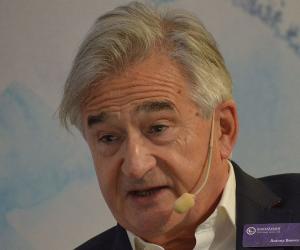
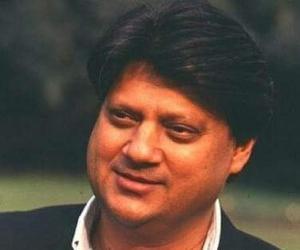
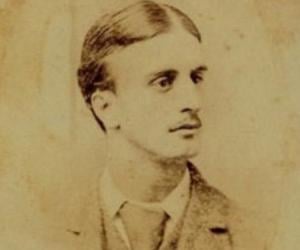

Widely known as the greatest British sportsperson, Max Woosnam not only won an Olympic gold in tennis, but was also a Manchester City and England footballer and a seasoned cricketer who had scored a century at Lord’s. He was also skilled in golf and snooker. His chain-smoking habits eventually claimed his life.
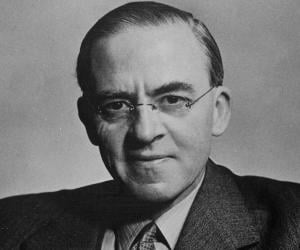
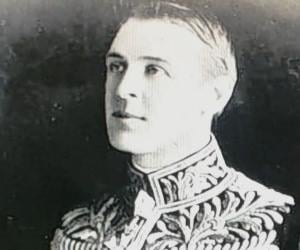
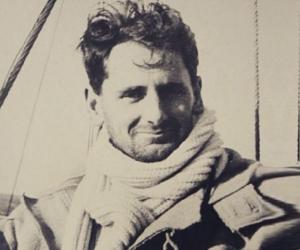
After earning his law degree, Nicholas Monsarrat intended to practice law but ended up being a celebrated author instead. Known for his novels that have the sea as a recurring theme, such as The Cruel Sea, Monsarrat had once also been a naval officer and had worked on many warships.
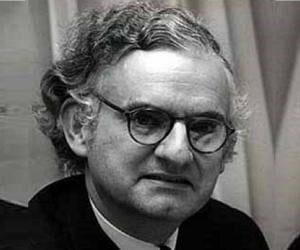
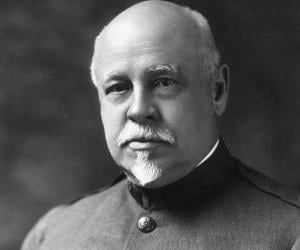
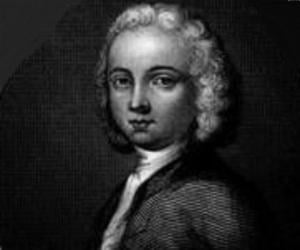
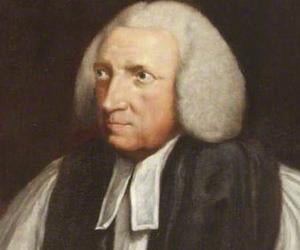
Apart from serving as the Bishop of the Church of England, Robert Lowth had also been an Oxford professor. Among his written works are books on English grammar and treatises on Hebrew poetry. Though offered the position of the Archbishop of Canterbury, he rejected it citing ill health.
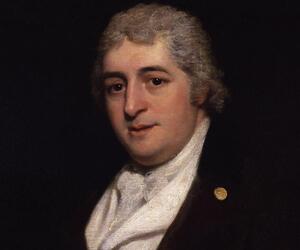
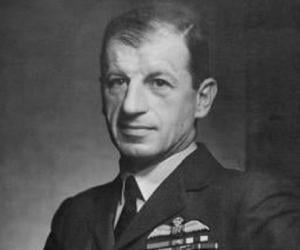
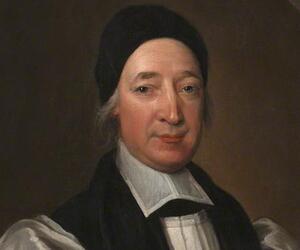
Anglican bishop and hymn writer Thomas Ken had also been King Charles II’s chaplain. He was one of the seven bishops who opposed King James II’s Declaration of Indulgence that was focused on promoting Roman Catholicism. He was eventually forced to retire due to his opposition to William and Mary.
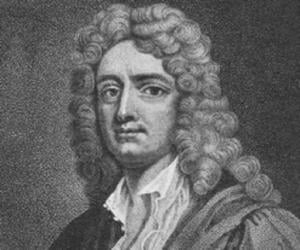
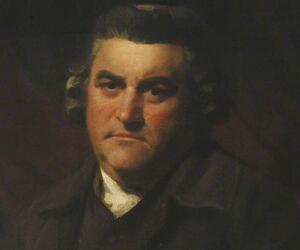
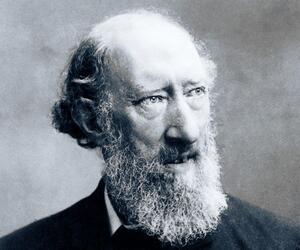
Richard Laurence Millington Synge was a British biochemist best remembered for winning the Nobel Prize in Chemistry in 1952 for the invention of partition chromatography. He was also associated with the Royal Society of Chemistry where he served as the treasurer of its Chemical Information Group. Synge also served as an honorary Professor at the University of East Anglia.
